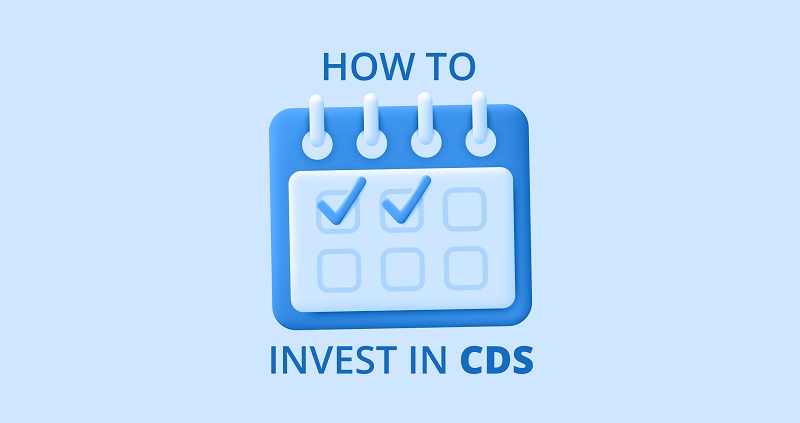How often should you meet with your financial advisor?
Building a strong relationship with your financial advisor starts with regular check-ins. Here’s how to choose the right meeting frequency based on your financial goals.
How often should you see your financial advisor: At least one meeting per year can be beneficial. Annual check-ins help ensure your financial plan stays aligned with your goals and life changes.
Complex finances could require a higher meeting frequency: More frequent meetings can help manage evolving strategies, especially if you have a dynamic situation.
Major life events should prompt more meetings: Marriage, retirement, inheritance, and major purchases can all be signals to meet with your advisor more often.
How often should you meet with a financial advisor?
If you have already completed the first steps of choosing a financial advisor, you might be wondering, "How often should I meet with my financial advisor?", and "How do I develop a long-lasting relationship with them?. At this point, if you have already established a plan to get your financial matters sorted out and have taken the first steps towards reaching your goals, determining your meeting frequency can be the next step.
How often you should meet with your financial advisor will depend on your financial situation, goals, and the complexity of your finances. If you are someone with fairly simple, straightforward investments, you might not be meeting your advisor as often as someone with more intricate financial affairs.
If you do have a financial advisor, it is recommended to meet at least once a year. This can be done through in-person meetings or online. However, if you are unsure how often to meet with your financial advisor, the following guidelines can help.
Typical meeting frequency can be anywhere from:
Quarterly meetings (every three months): Ideal for ongoing investment management and regular check-ins. A common choice for clients with dynamic financial situations or large portfolios.
Biannually (twice a year): Good for moderate financial complexity — covers key planning updates, tax strategies, and progress tracking.
Annually (once a year): Annual meetings are the minimum recommendation. This is useful for reviewing long-term goals, updating financial plans, and adjusting for life changes.
If you are unsure, you might want to ask your advisor what meeting frequency they recommend based on your specific goals and ensure your meeting schedule is flexible enough to adjust as your life evolves.
However, you might also meet more often when you first open an account to establish a better relationship with your financial advisor, so they can better understand your needs. As the relationship matures, you might find yourself meeting them less frequently.
Why meeting with your financial advisor matters
It is important to occasionally meet in person and establish clear communication with your financial advisor, as you want to ensure you develop a trustworthy advisor-client relationship, since they will be in charge of your financial planning. Regular interactions can allow them to get a better feel for your needs and help you make more informed decisions as your life situations evolve. They can even be there to offer financial advice in the event of a particular financial dilemma.
Establishing clear communication with your advisor can also help increase your satisfaction as a client and, in turn, add to your motivation to reach your financial goals. However, it is also important to understand how your financial advisor gets paid to ensure you are not paying extra consultation fees if you are meeting them regularly.
When should you meet your financial advisor more frequently?
When determining how often to meet with your financial advisor, you might also want to note that your meeting frequency is fluid rather than set in stone. Changing life circumstances can cause you to adjust your meeting frequency; for example, you might consider meeting your advisor more often if you:
Experience major life changes (e.g., marriage, divorce, inheritance, buying a home, starting a business, etc.)
Have a complex financial situation (e.g., multiple income streams, estate planning, or specialized tax needs)
Want more active involvement in your investment strategy
Are nearing retirement or recently retired
When in doubt, you can voice your concerns to your advisor and establish a new meeting plan.
Bottom line
Meeting with your financial advisor is crucial to establishing a good advisor-client relationship. In-person or online meetings can help you keep your advisor up-to-date on any life changes and ensure your financial plan is still in alignment with your goals.
If you are looking for other ways to grow your wealth, Raisin is here to help. The Raisin marketplace gives you access to various high-yield savings products and competitive interest rates to help you meet your financial goals. Sign up today and start maximizing your savings potential!
The above article is intended to provide generalized financial information designed to educate a broad segment of the public; it does not give personalized tax, investment, legal, or other business and professional advice. Before taking any action, you should always seek the assistance of a professional who knows your particular situation for advice on taxes, your investments, the law, or any other business and professional matters that affect you and/or your business.


